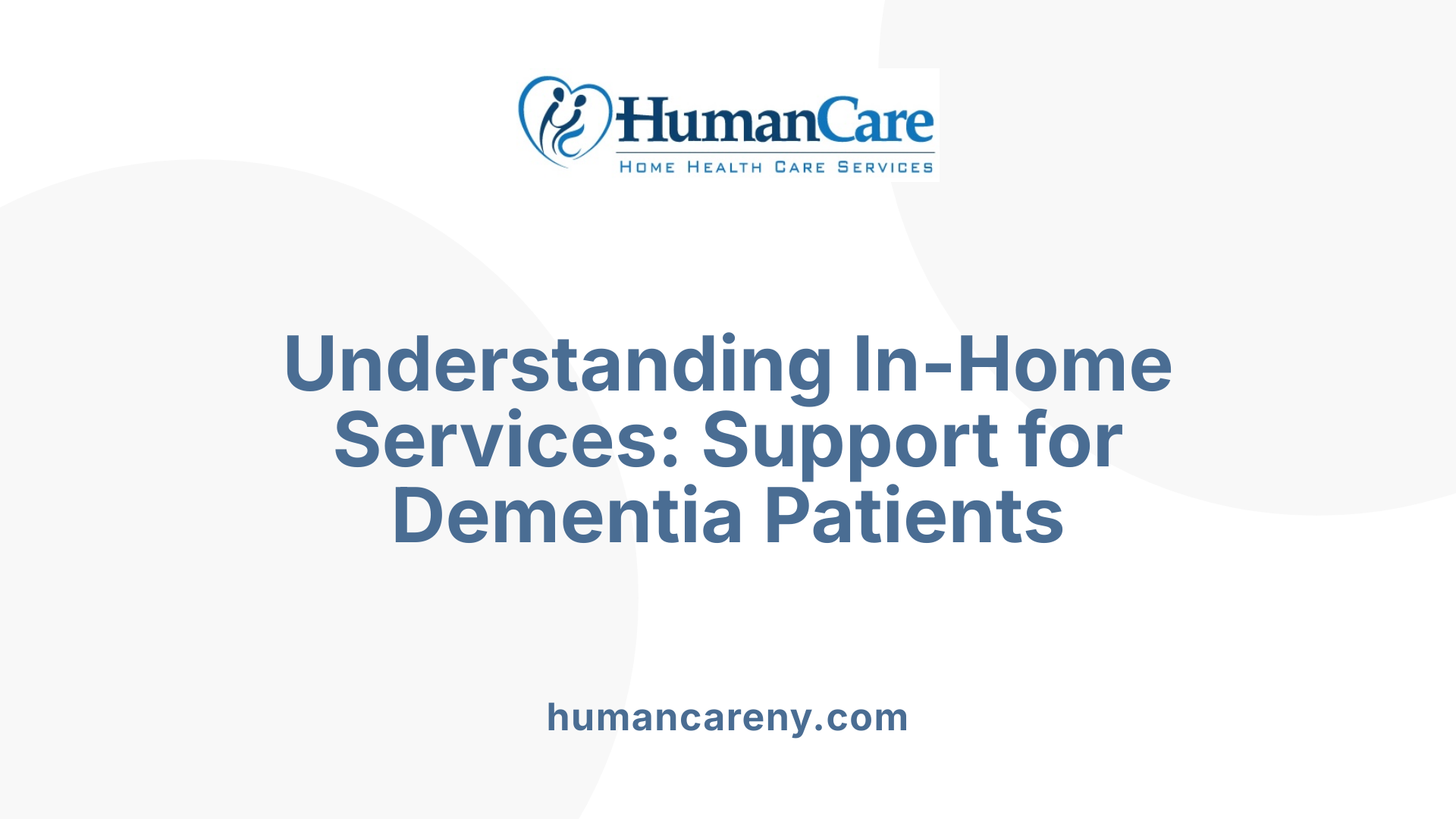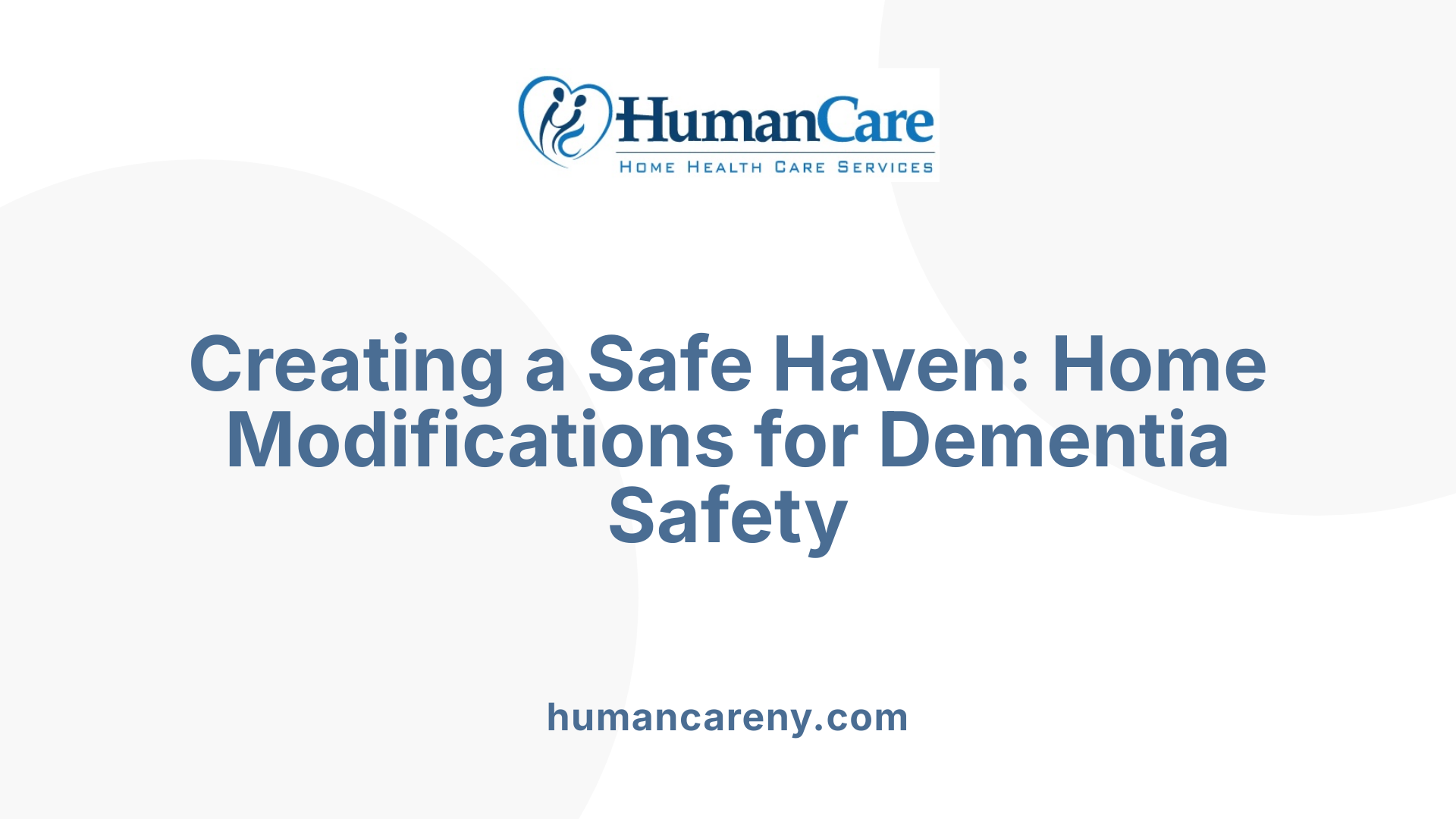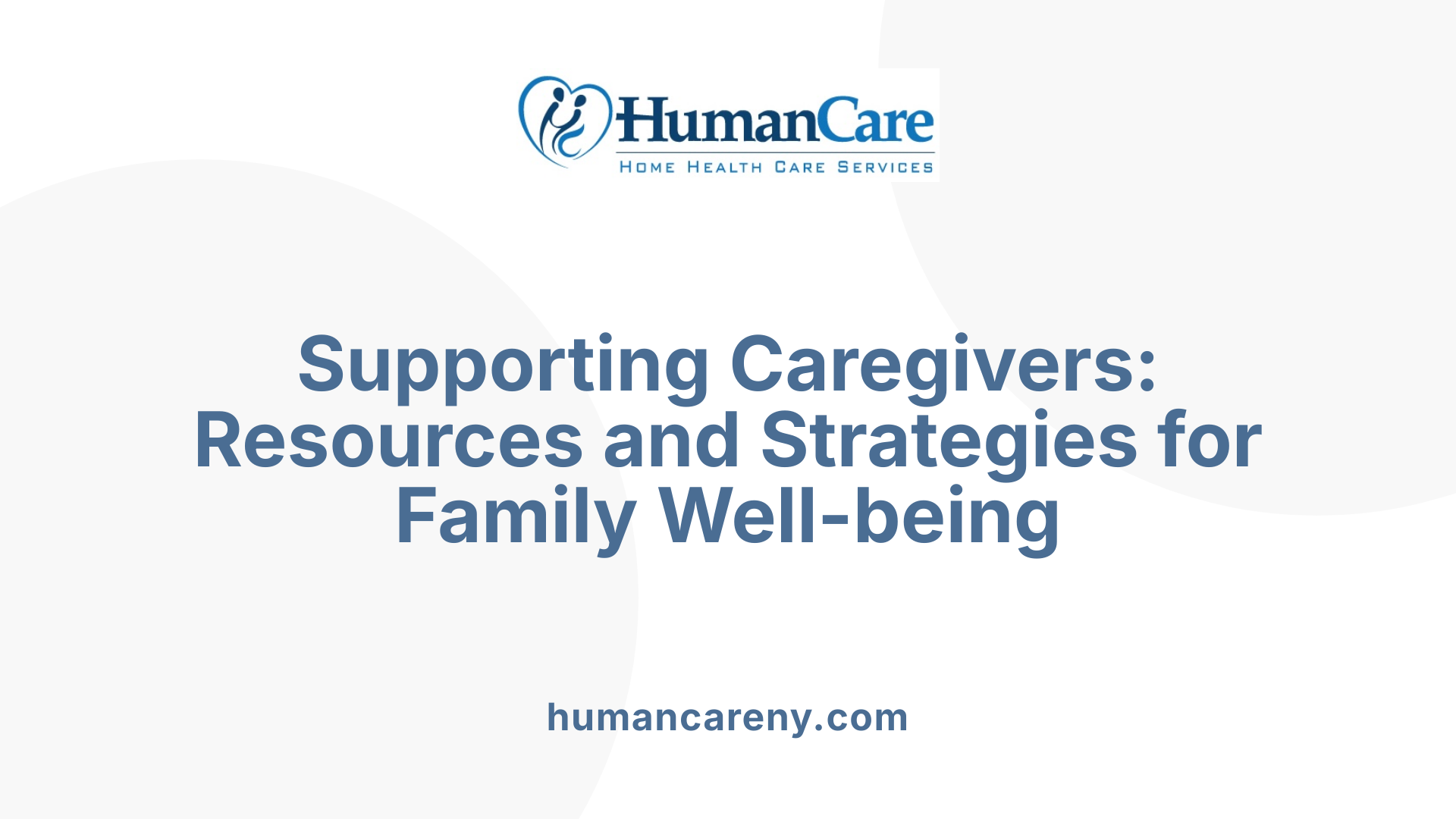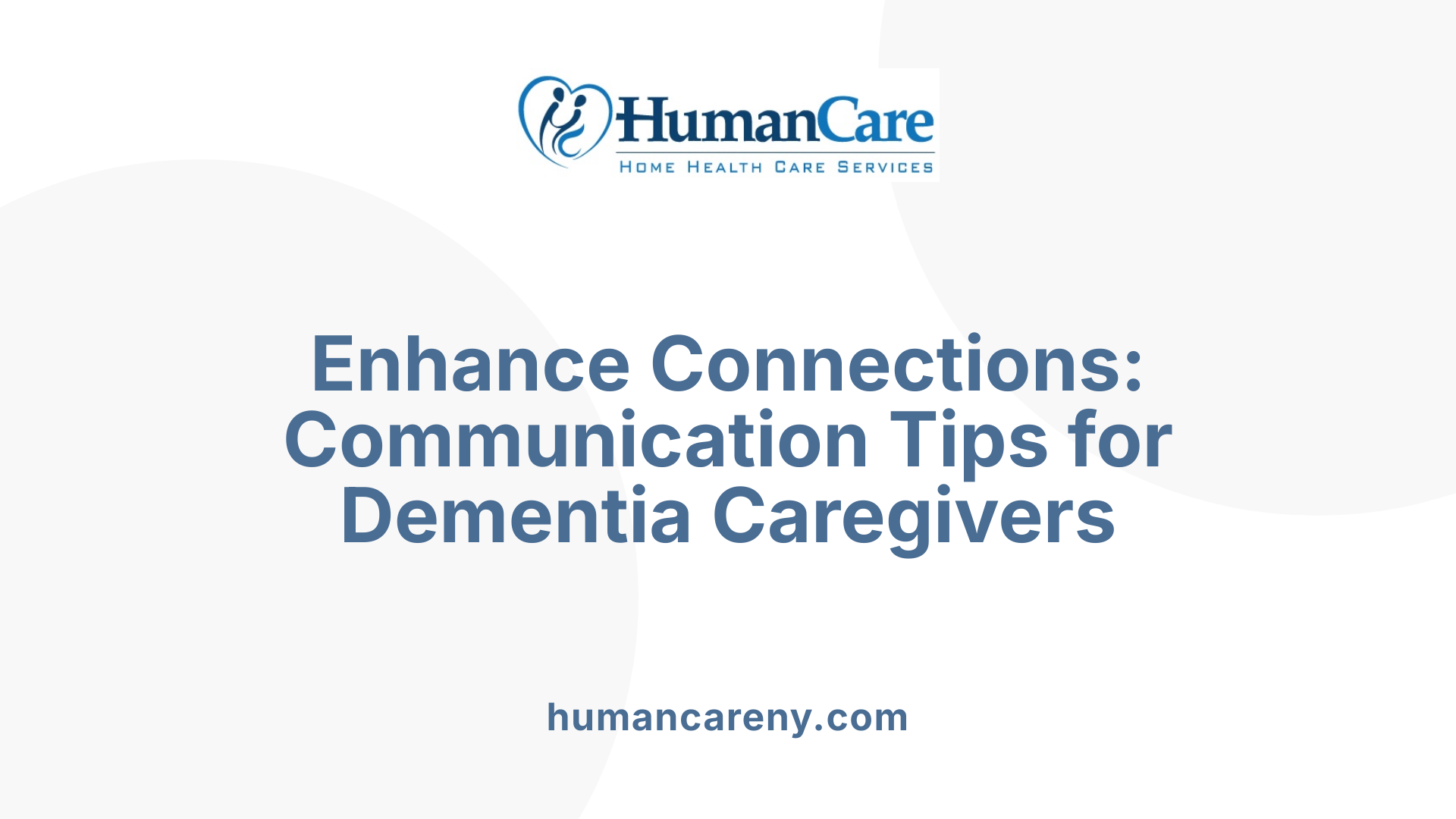Supporting Independence and Safety at Home
As cognitive decline and dementia become more prevalent among the elderly population, ensuring their safety, well-being, and independence requires a comprehensive approach. Homemaking services, tailored specifically for seniors with dementia, play a vital role in enabling these individuals to maintain their daily routines in familiar surroundings. This article explores how homemaking services support elderly individuals with cognitive impairments, highlighting the essential features, benefits, and strategies for creating a safe and nurturing environment.
Types of In-Home Care Services for Dementia Patients

What are the different types of in-home services available for individuals with dementia?
In-home care for dementia patients can be tailored to meet various needs, helping individuals live safely and comfortably in their own environments. The main categories include companion services, personal care services, homemaker services, and skilled medical care.
Companion services focus on social interaction and mental engagement. Caregivers supervise daily routines, provide recreational activities, and offer companionship to promote emotional well-being and reduce feelings of loneliness.
Personal care services support essential daily activities such as bathing, dressing, toileting, and eating. These services help maintain independence and comfort while addressing the challenges brought on by cognitive decline.
Homemaker services assist with household tasks including cleaning, shopping, and meal preparation. These services ensure a safe, clean, and manageable living environment that minimizes hazards and promotes safety.
Skilled medical care, delivered by licensed health professionals, covers complex health needs. This can include wound care, medication administration, injections, and physical therapy, essential for managing health conditions associated with dementia.
Representation of these services in a comprehensive table offers clarity:
| Service Type | Key Functions | Person Responsible | Additional Benefits |
|---|---|---|---|
| Companion Services | Supervision, social activities | Trained caregiver | Mental stimulation, emotional support |
| Personal Care | Bathing, dressing, eating | Home health aides | Supports independence, comfort |
| Homemaker Services | Cleaning, shopping, meal prep | Homemaker | Safer environment, reduces household stress |
| Skilled Care | Medical treatments, therapy | Licensed professionals | Manages health conditions, enhances recovery |
How do I choose suitable in-home care providers for someone with dementia?
Selecting the right provider involves creating a list of care needs, interviewing multiple caregivers or agencies, and checking references extensively. Important questions include their experience with dementia, training in CPR, availability, and whether they are part of an agency. Sharing detailed information about the individual's condition ensures tailored care.
What questions should I ask in this process?
- How much experience do you have working with dementia patients?
- What training do your staff have in mental health and emergency procedures?
- Are you part of an agency or provide independent caregivers?
- What is your availability and scheduling flexibility?
What are the costs and financial assistance options?
Costs vary based on the type of service, location, and insurance coverage. Some services are covered under Medicare with specific conditions. State programs may offer cash assistance, allowing family members or designated caregivers to be paid directly through options like 'participant-directed services' or 'cash and counseling.' Additionally, government programs like Medicaid, PACE, and nonprofit resources provide financial aid and support.
How does in-home care support long-term needs?
Home-based support extends from daily activities to medical management, adapting over time as needs evolve. Care plans include safety modifications, behavioral management, and health monitoring. Family, community, and health professionals work together to maintain quality of life, reduce hospitalizations, and support caregivers.
Adapting Home Environments for Dementia Safety
 Supporting seniors with dementia at home requires thoughtful modifications to create a secure and accessible space. These adjustments focus on both physical safety and visual cues to aid navigation and independence.
Supporting seniors with dementia at home requires thoughtful modifications to create a secure and accessible space. These adjustments focus on both physical safety and visual cues to aid navigation and independence.
One effective approach is to enhance the home’s safety features. Installing grab bars and safety rails in bathrooms and along stairways can prevent falls. Improving lighting throughout the house, especially in hallways and entryways, helps reduce shadows and makes hazards more visible.
Environmental cues also play a crucial role. Using contrasting colors for doorframes, stairs, and furniture can assist individuals in recognizing different areas, reducing disorientation. Clear, simple labels on cabinets, drawers, and rooms can help with routine identification, boosting confidence and reducing confusion.
Rearranging furniture to maintain open, uncluttered pathways facilitates safe movement. Secure loose rugs, remove tripping hazards, and keep walkways clear of clutter to further minimize accidents.
Personal safety measures include securing medications and dangerous items out of reach and ensuring that all safety devices are functional. Regularly check these modifications to ensure they remain effective.
Involving the individual in planning these adaptations helps tailor solutions to their needs and preferences. Also, using visual reminders or memory stations can reinforce daily routines, helping seniors navigate their environment more easily.
In summary, home modifications for dementia care encompass physical adjustments, visual cues, organization, and safety checks. These strategies improve safety, foster independence, and enhance overall quality of life for seniors living at home with dementia.
For more details, search using: home safety modifications for seniors with dementia
Support Strategies for Caregivers and Families

What support services are available to assist families caring for individuals with dementia?
Caring for a loved one with dementia can be overwhelming, but there are numerous resources to provide relief and guidance. Support services for families include helplines, online tools, local community programs, and professional assessments.
Organizations like the Alzheimer’s Association are leading the way, offering free educational webinars, support groups, and care guidance through platforms such as ALZNavigator™ and My ALZ Journey. These tools help families understand disease progression and make informed decisions.
Community resources also include respite care, adult day centers, and residential care options. Respite care provides temporary relief for caregivers, giving them time to rest or attend to personal matters.
Professional assessments by healthcare providers and geriatric care managers ensure that care plans are tailored to the individual’s evolving needs. They help evaluate safety, health, and behavioral management strategies.
Government programs like Medicaid and local initiatives often offer financial assistance, caregiver training, and safety tips that support health maintenance and emotional well-being.
Combining these resources helps families manage caregiving challenges, maintain their own health, and ensure their loved ones receive compassionate, professional care.
| Resource Type | Services Offered | Additional Details |
|---|---|---|
| Support Hotlines | 24/7 helplines for immediate advice | Available through Alzheimer’s organizations |
| Educational Programs | Webinars, caregiver training, safety tips | Online platforms like ALZNavigator™, community workshops |
| Respite and Adult Day Centers | Temporary caregiving, social programs | Offers social interaction and supervision for dementia patients |
| Residential Care Options | Assisted living, nursing homes | Suitable for advanced stages or when home care is insufficient |
| Government Assistance | Financial aid, benefits programs | Medicaid, PACE, and local government initiatives |
| Professional Support | Medical assessments, care planning, home safety reviews | Provided by healthcare professionals and geriatric care managers |
Resources like support groups and professional assessments form the backbone of dementia caregiving support, helping families navigate challenges with confidence. Continued engagement with these services ensures that families receive emotional support, practical assistance, and expert guidance throughout the dementia journey.
Effective Communication and Behavioral Support

What are some tips for caregivers of individuals with dementia?
Caring for someone with dementia presents unique challenges, particularly in communication and behavior management. To provide compassionate and effective support, caregivers should start with establishing consistent routines. These routines help reduce confusion and create a sense of stability, which is calming for individuals with cognitive decline.
Creating a safe and secure environment is crucial. This involves removing tripping hazards, installing safety features like grab bars, and ensuring the home is well-lit. Supporting independence by simplifying tasks and providing assistive devices helps maintain dignity and boosts confidence.
Communication techniques play a vital role. Caregivers should speak slowly and clearly, using simple language and visual cues like pictures or written reminders. Patience is essential; understanding that delays in response or confusion are part of the process can foster a more relaxed interaction.
Engaging activities such as music therapy, reminiscing exercises, puzzles, or familiar hobbies can greatly improve mood and cognitive connection. These activities not only stimulate the mind but also strengthen emotional bonds.
Behavior management is equally important. Addressing challenging behaviors like aggression or agitation involves staying calm, using reassurance, and redirecting attention to positive activities. Recognizing early signs of distress allows caregivers to intervene proactively.
Finally, supporting the caregiver’s own health is vital. Utilizing community resources, support groups, and respite services can help prevent burnout, ensuring caregivers remain effective and compassionate in their role.
Implementing these strategies creates a supportive environment that respects the dignity of individuals with dementia while promoting better care and quality of life.
Medical and Pharmacological Management of Dementia
How does dementia impact household management, and how can homemaking services address these challenges?
Dementia can significantly disrupt a person's ability to manage household tasks effectively. As cognitive functions decline, individuals may struggle with maintaining routines, ensuring safety, managing daily chores, and organizing their environment. This often leads to increased caregiving responsibilities for family members, who may experience emotional stress, worry, frustration, and social isolation. These feelings can take a toll on their mental and physical health, reducing overall quality of life.
Homemaking services offer vital support in these areas. They assist with household chores such as cleaning, laundry, shopping, and meal preparation, ensuring that the living environment remains safe and manageable. These services can also help implement safety modifications, like installing grab bars or clearing hazards, which promote safety and independence.
By providing practical help and oversight, homemaking services reduce the burden on family caregivers, preventing burnout and emotional exhaustion. They enable individuals with dementia to continue living at home with dignity and comfort for longer periods. Overall, integrating homemaking support into dementia care plans can improve household management, foster a safer environment, and improve the well-being of both patients and their caregivers.
For more information, search using the phrase "dementia management and homemaking services," to find resources and programs tailored to supportive home-based care.
The Role of Personalized Care Plans and Future Planning

How are personalized care plans developed?
Creating an effective care plan begins with a thorough assessment of the individual's specific needs, preferences, and health status. Healthcare professionals, including doctors, nurses, and dementia care specialists, collaborate with family members and caregivers to identify the level of assistance needed for daily activities such as bathing, dressing, eating, and medication management.
A tailored plan incorporates both medical treatments and supportive services. It often includes cognitive stimulation strategies, behavioral management techniques, and safety modifications in the home. Regular reviews and updates are essential, as needs can change over time. These plans are designed to promote independence while ensuring safety and emotional comfort.
Why is legal and financial preparation important?
Early planning for legal and financial matters is critical for ensuring that a person's wishes are respected and that ongoing care is financially manageable. Key steps include updating wills, establishing power of attorney, and creating advance directives or living wills.
Financial arrangements might involve securing benefits such as Medicaid, Medicare, or state programs that can help cover costs. Planning ahead can also help with estate management, long-term care insurance, and understanding coverage options for services like in-home care or residential facilities.
When should early diagnosis and intervention occur?
Early diagnosis is vital for maximizing treatment options and planning. Recognizing symptoms early—such as memory loss, difficulty performing familiar tasks, or confusion—allows for timely medical intervention that can slow progression and manage behavioral symptoms.
Early diagnosis also affords the opportunity to engage in future planning, secure support systems, and implement safety measures that allow individuals to remain at home safely longer. It empowers patients and families to make informed choices about care preferences, legal matters, and community resources.
When to consider moving into a care home?
A person with dementia should consider moving into a care home when they can no longer safely or effectively manage daily activities such as eating, dressing, bathing, or using the toilet. Safety concerns like frequent falls, wandering, or leaving appliances on become critical warnings.
Progressive cognitive decline, behavioral challenges, and increasing dependence often signal that professional supervision is necessary. If family caregivers experience burnout or are unable to provide appropriate care, transition to a care home may be the best option.
Ultimately, a comprehensive assessment involving healthcare providers, the individual, and family members helps determine the right timing for this significant step. Prioritizing safety and quality of life ensures the best care outcomes for individuals with advanced dementia.
| Aspect | Details | Importance |
|---|---|---|
| Care plan development | Collaborative, ongoing, tailored to needs | Ensures person-centered approach to care |
| Legal/Financial prep | Wills, powers of attorney, benefits, estate management | Protects rights, ensures care funding |
| Early diagnosis | Recognizing signs early for timely intervention | Maximizes treatment options, planning opportunities |
| Moving to care home | Based on safety, independence, caregiver capacity | Ensures safety, well-being, and appropriate support |
By focusing on these aspects, families can better navigate the complexities of dementia care, make informed decisions, and secure a supportive environment tailored to their loved one's evolving needs.
Integration of Resources and Support for Real-Life Application
What community resources are available for dementia care?
Community organizations play a vital role in supporting individuals with dementia and their caregivers. Local chapters of the Alzheimer’s Association offer educational materials, support groups, and caregiver respite programs. Community health clinics and senior centers often provide activities tailored to cognitive health, along with transportation services, meal programs, and social activities that promote engagement and reduce isolation.
Specific services like adult day centers and in-home nursing care can help manage daily routines and medical needs, while volunteer programs connect seniors with friendly visitors or help with daily chores. These resources are crucial in creating a network of ongoing support, allowing people with dementia to age in place safely and comfortably.
How should families approach legal and financial planning?
Early planning is essential for managing future health and financial decisions. Families should consider updating wills, establishing powers of attorney, and creating advance directives to ensure their loved one's preferences are respected. Consulting legal and financial professionals can help tailor plans to individual circumstances.
Additionally, exploring government assistance programs can ease financial burdens. Programs like Medicare and Medicaid provide coverage for many healthcare needs, with Medicaid often extending to long-term care. BenefitsCheckUp and Benefits.gov are valuable tools to identify eligibility for benefits and services.
Planning also involves preparing for in-home care costs, medical treatments, and potential moves to assisted living facilities. Building a comprehensive plan before cognitive decline worsens ensures smoother decision-making down the line.
What educational and awareness initiatives support dementia care?
Education about dementia symptoms, management strategies, and available resources empowers families and caregivers. Public health campaigns and community workshops increase awareness, reduce stigma, and promote early diagnosis.
Healthcare providers also play a crucial role in educating patients and families during medical visits, discussing treatment options, safety measures, and support services. Websites like Alzheimer’s.gov and ClinicalTrials.gov list ongoing research opportunities and new treatments, keeping the community informed.
The combination of awareness programs, community support, and proactive planning creates a supportive environment conducive to improving quality of life for individuals affected by dementia.
| Resource Type | Examples | Purpose |
|---|---|---|
| Community organizations | Alzheimer’s Association, local senior centers | Education, support groups, activity programs |
| Legal and financial tools | Power of attorney, wills, BenefitsCheckUp | Future planning, accessing benefits |
| Education initiatives | Public health campaigns, caregiver workshops | Increasing awareness, early diagnosis |
| In-home care services | Nursing aides, homemakers, respite providers | Daily support, medical management, caregiver relief |
| Financial assistance programs | Medicare, Medicaid, PACE, State-specific programs | Funding for healthcare, long-term care, and support services |
By leveraging community services, early legal planning, and educational resources, families can create a resilient support system that enhances well-being and safety for loved ones with dementia.
Empowering Seniors and Supporting Caregivers
Supporting elderly individuals with dementia through homemaking services not only enhances their safety, independence, and quality of life but also provides crucial relief to families and caregivers. By creating a tailored, engaging, and secure environment, these services address many challenges associated with cognitive decline. As the landscape of dementia care continues to evolve, integrating professional homemaking support with medical management, community resources, and future planning will remain essential. Together, these comprehensive strategies ensure that seniors maintain dignity, comfort, and connection to their loved ones for as long as possible.
References
- In-Home Care | Alzheimer's Association
- Finding Dementia Care and Local Services - Alzheimers.gov
- Caring for Adults with Cognitive and Memory Impairment
- What equipment can improve the home of a person with dementia?
- Dementia Care: Keeping Loved Ones Safe and Happy at Home
- Tips for Living Alone With Early-Stage Dementia
- How Home Care Services Can Help with Dementia and Alzheimer's ...



